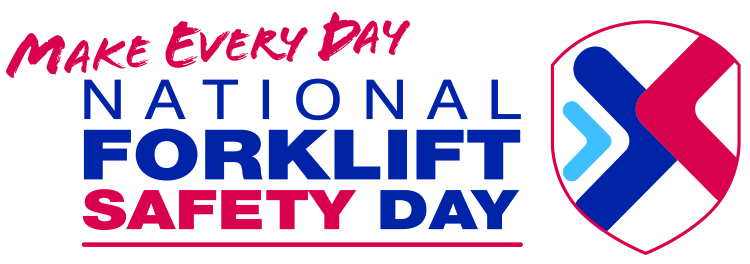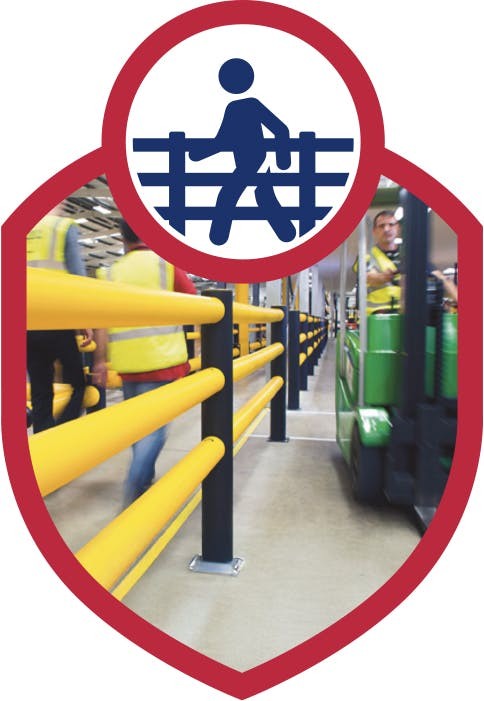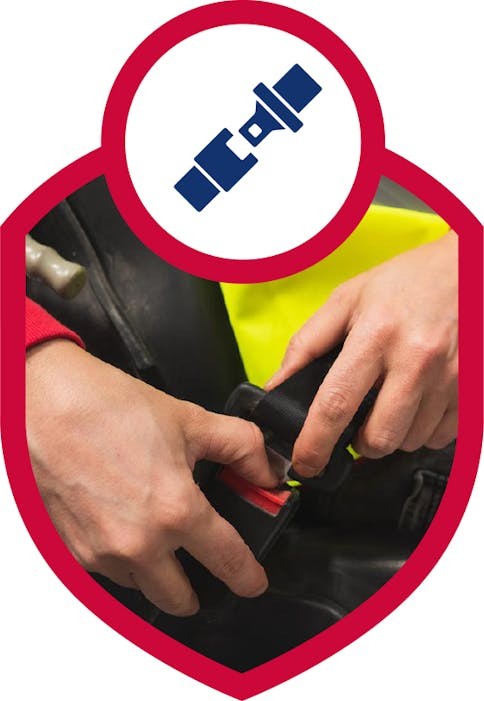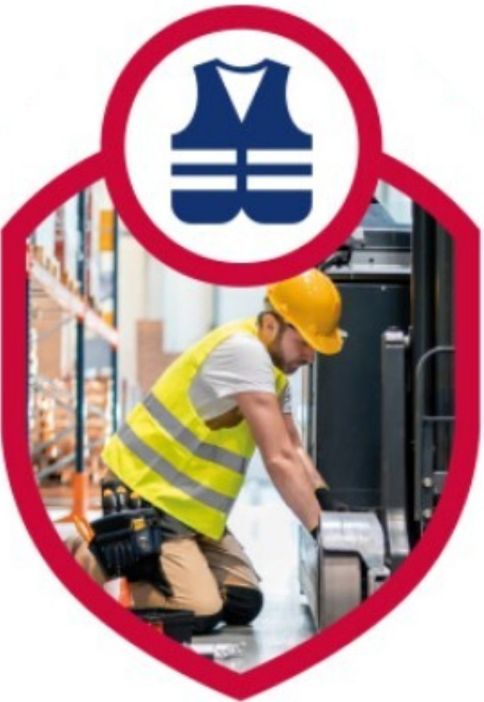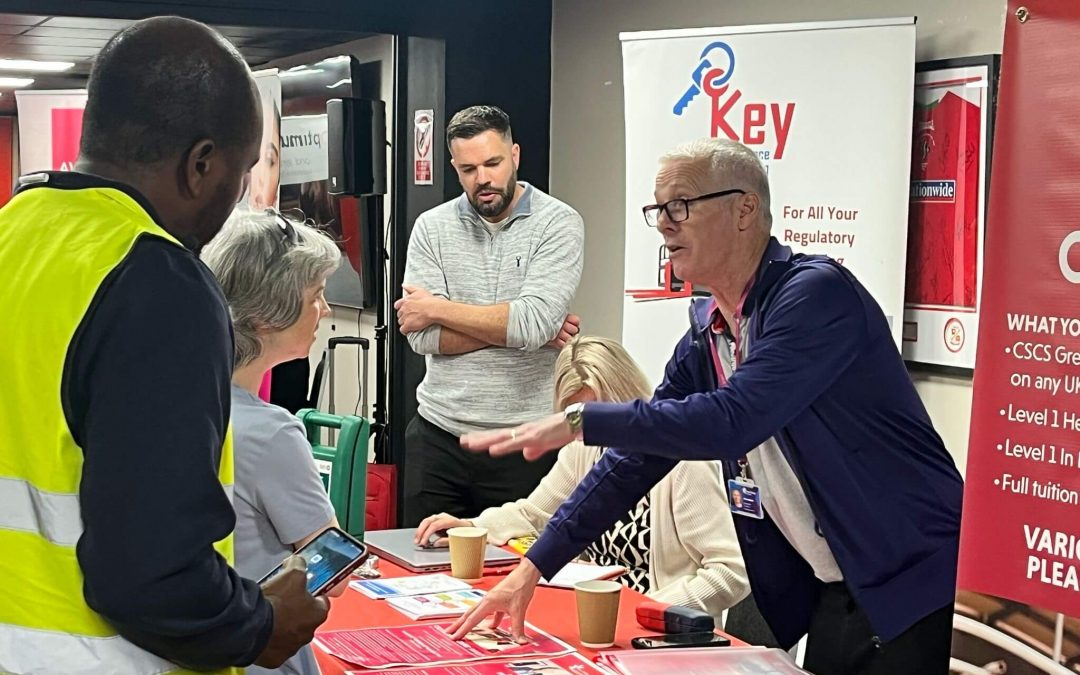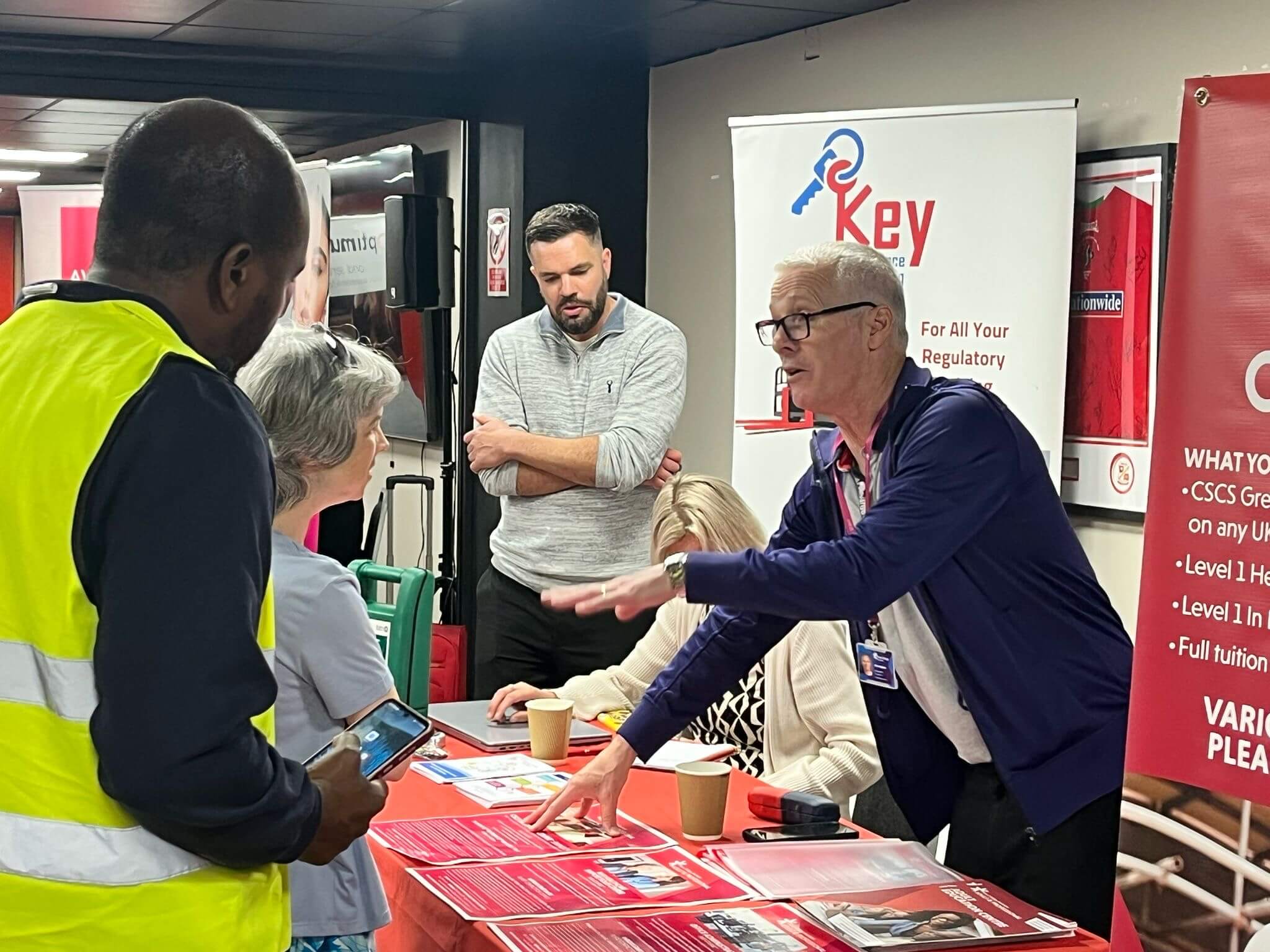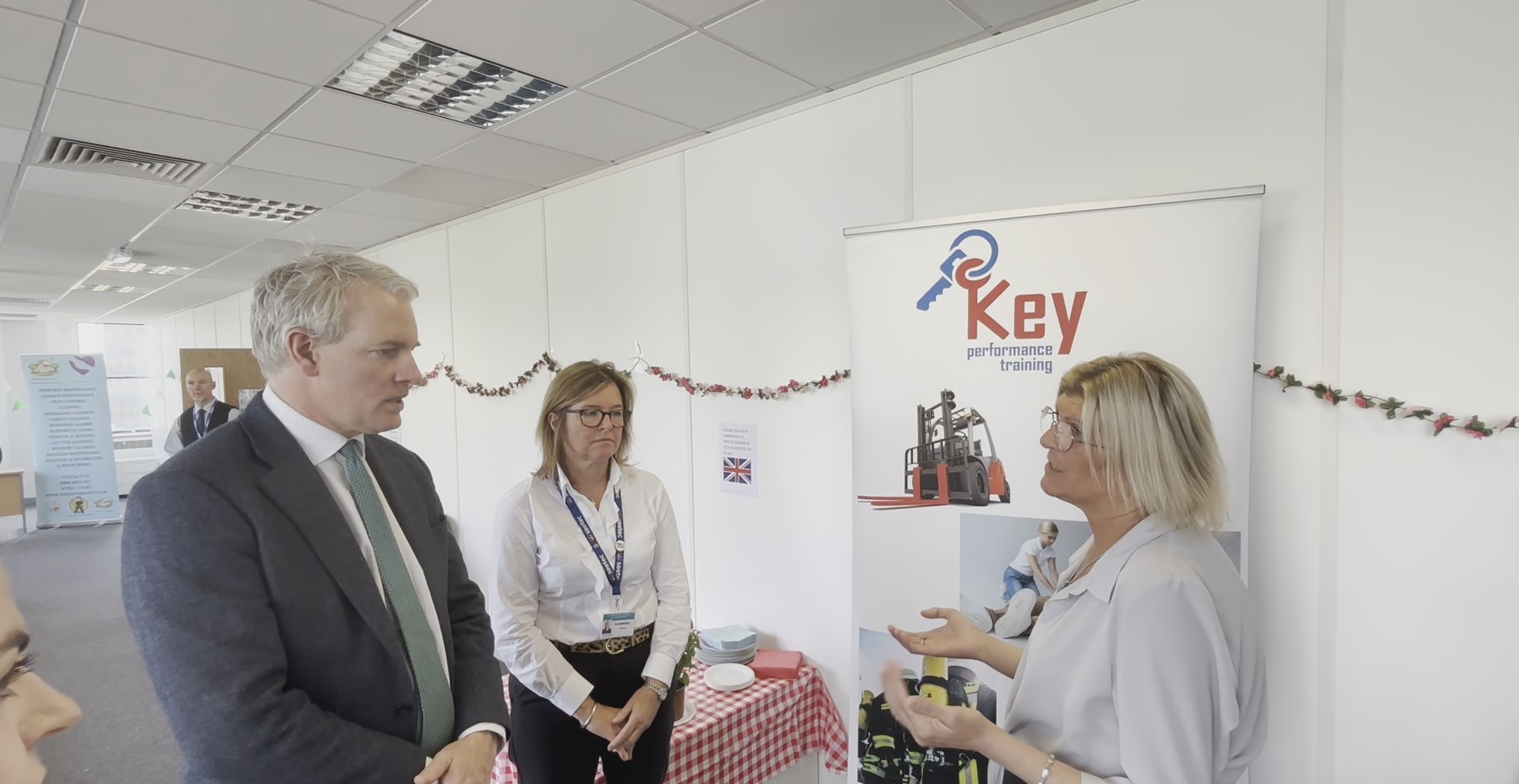
First Skills Bootcamp in Transport & Logistics completed

First Skills Bootcamp in Transport & Logistics completed
We were delighted this week to complete our very first Skills Bootcamp. For those unfamiliar with them, they are free, flexible courses of up to 16 weeks, giving people the opportunity to build up sector-specific skills and an offer of an interview with an employer upon completion.
They are delivered through local councils to ensure this funding is used in areas where local businesses are struggling to fill vacancies.
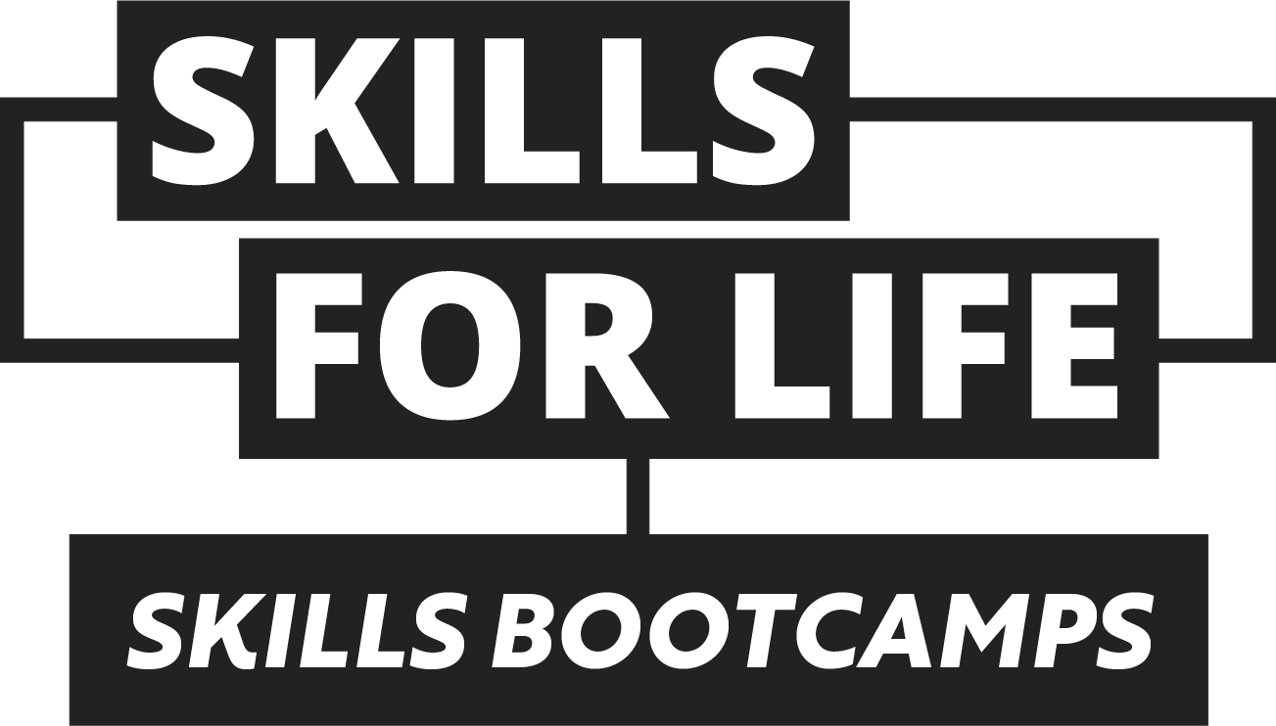
This current wave of delivery focused on Transport and Logistics, and Leadership and Management, amongst others, so we were delighted to be able to work with Wiltshire Council to deliver some of this training for our local people, and to help our local economy grow through employment.
We ran a Level 2 NVQ programme focusing on Warehouse skills and Forklift Operations, with the added bonus of being able to include both the Counterbalance and the Reach truck certification – something we’ve never been able to deliver before.
Our first 6 students finished the 15-day training programme with us this Tuesday 24th June, with 2 of them having had interviews and one has had 2 job offers already! Our next cohort of 6 started with us on Wednesday 25th June and will finish mid-July.
Once our Level 2 Transport and Logistics programme has finished, we’ll be running our Level 3 Leadership and Management in Logistics Skills Bootcamp. We have places for 18 students, and we’ll start at the end of July, running one day a week for 13 weeks. We’ll be focusing on skills such as leading teams, planning change and motivating to improve performance, and the course will be run all face-to-face.
If you are a business and you have staff that would benefit from upskilling in this area, then you may be able to access our co-funded option, where the government pay 70% of the course and your business pays the balance of 30%.
We’ll keep you informed if more funding becomes available for future Skills Bootcamps, but in the meantime, we are still planning to run our funded training programme through New College Swindon, starting back up again in August hopefully. To see the details about these courses, please see our funded training page here.
For more information about this course and Skills Bootcamps in general, please let us know and we’ll be delighted to help you.
Contact us on 01793 975353 or office@keyperformancetraining.co.uk for more information about how we can help or to book your course today.
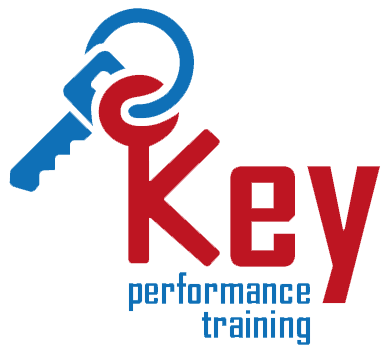
Need more information?
For more information please do get in touch.
You can reach us via our contacts page, via email or just give us a call on 01793 975353




